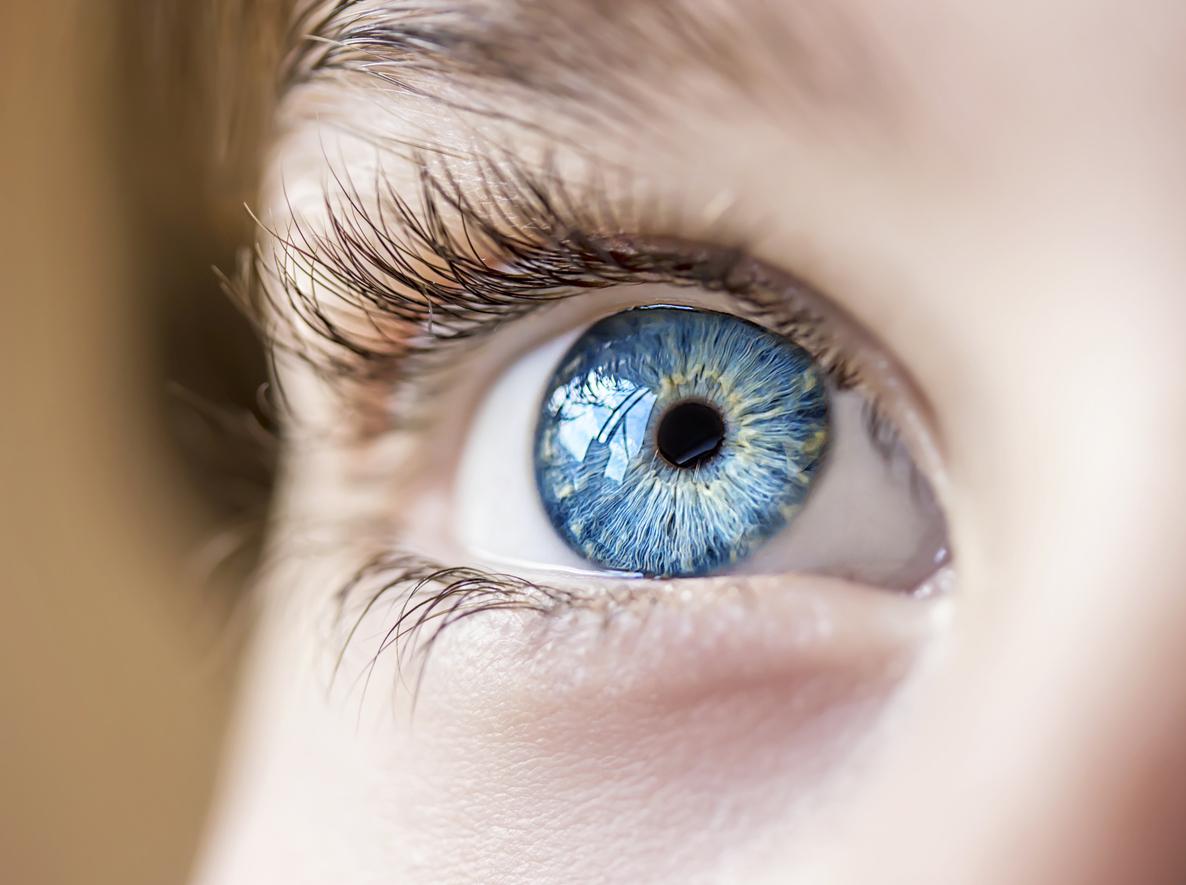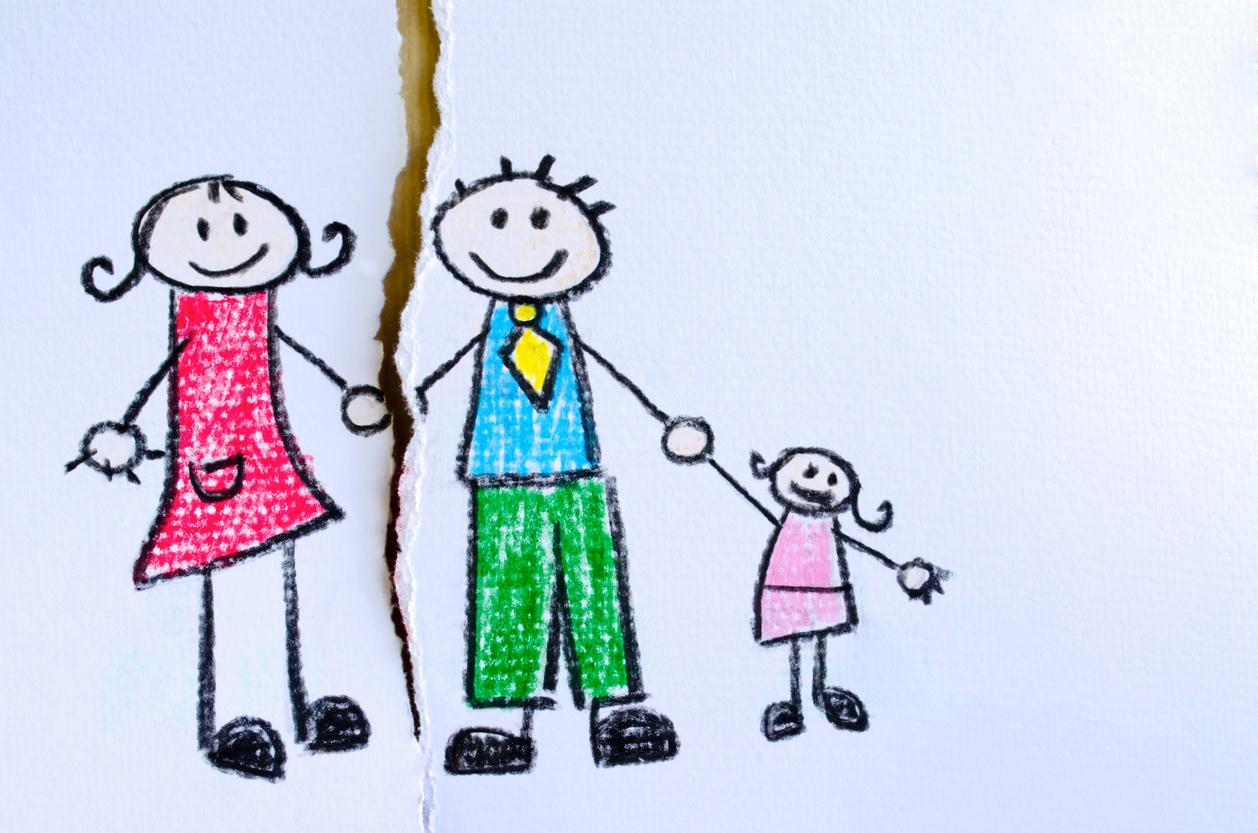The diagnosis of autism is reliable from 14 months. However, autism is diagnosed on average between 3 and 5 years in France, which is much too late.

In a child, it is possible to diagnose an autistic disorder as early as 14 months, according to a new study of JAMA. It is therefore possible to develop early care, which considerably improves the lives of toddlers and their families.
Autistic disorders start in prenatal life
A growing body of evidence indicates that autistic disorders begin in prenatal life, likely in the first or second trimester of pregnancy. The symptoms of the disease generally appear from the first birthday, with difficulties in interacting with other children or an absence of reaction to the first name.
For this research, the researchers evaluated 1,269 young children, including 441 autistic and 828 without this syndrome. Their first evaluation took place between 12 and 36 months. The diagnostic reliability was 0.50% at 12 to 13 months, 0.79% after 14 months and 0.83% after 16 months.
Rapid brain growth
“Connections between neurons in the prefrontal and temporal cortex, regions of the brain involved in social behavior, double between birth and the age of two years,” explains the author of the study. “It is therefore conceivable that children with autism would make more progress if they were cared for during this period of rapid brain growth, rather than afterwards, which is often the case,” she adds.
In France, autism is diagnosed on average between 3 and 5 years old, which is too late, according to the Haute Autorité de Santé. Difficult to diagnose, “Autism Spectrum Disorders” (or “ASD”) are characterized by qualitative alterations in social interactions, communication problems (language and non-verbal communication), as well as behavioral disorders corresponding to a repertoire restricted, stereotyped and repetitive interests and activities. The associated disability is variable, ranging from mild to severe. It is almost always associated with learning difficulties.
The frequency of autism is increasing
In recent years, the frequency of autism is steadily increasing worldwide. Since the 2000s, it has gone from 5 children per 10,000 to one child in 100, to the point that some specialists speak of an “epidemic”.

.

















